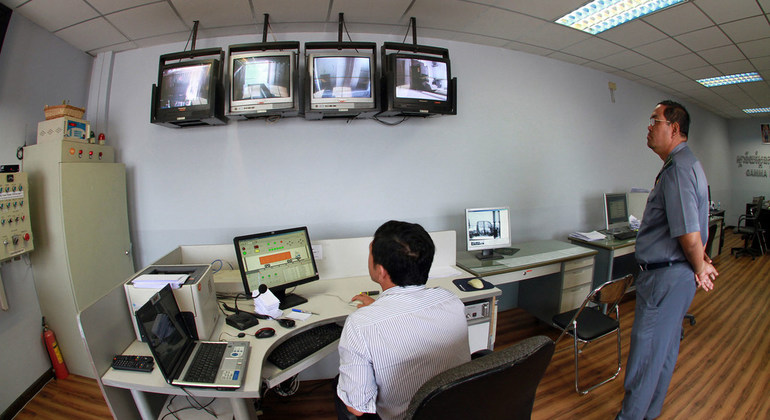As corruption threatens the well-being of societies, the future of children and the health of the planet, “it must be fought by all, for all”, he concluded.
Sinister enabler
Preventing and combatting corruption offers “a key to unlock progress towards ending poverty and inequalities, protecting health and planet, and strengthening justice and the rule of law”, Mr. Fedotov said in his own address, describing it as “the sinister enabler of some of the worst problems we face”.
He added that “by preventing and curbing corruption, we can nip corruption’s contribution to instability in the bud”, stopping it “from prolonging conflict and spoiling peace”.
The top UN official argued that the international convention “offers a genuine chance to agree new approaches and seek innovative solutions to corruption threats facing all our countries”.
In what he acknowledged to be the last time he addressed the Conference as UNODC Executive Director, he concluded by saying, “we are on the cusp of a new decade, with renewed hope that together we can win this fight”.
About the Convention
With 186 parties, the Convention against Corruption, is the only legally binding universal anti-corruption instrument.
It came into force in December 2005 and has been ratified by most UN Member States, with the newest being Samoa, Equatorial Guinea and Chad in 2018.
The Convention covers various forms of corruption, including bribery, trading in influence, abuse of functions, as well as corruption in the private sector.
Under the Convention, States are legally obliged to prevent and criminalize corruption; promote international cooperation; recover and return stolen assets; and improve technical assistance and information exchange in both the private and public sectors.
Every two years, its States parties meet to review implementation and discuss how corruption can better be tackled.
In addition to reviewing its core mandates, the week-long eighth session will deliberate on preparations for the 2021 Special Session next year in New York


